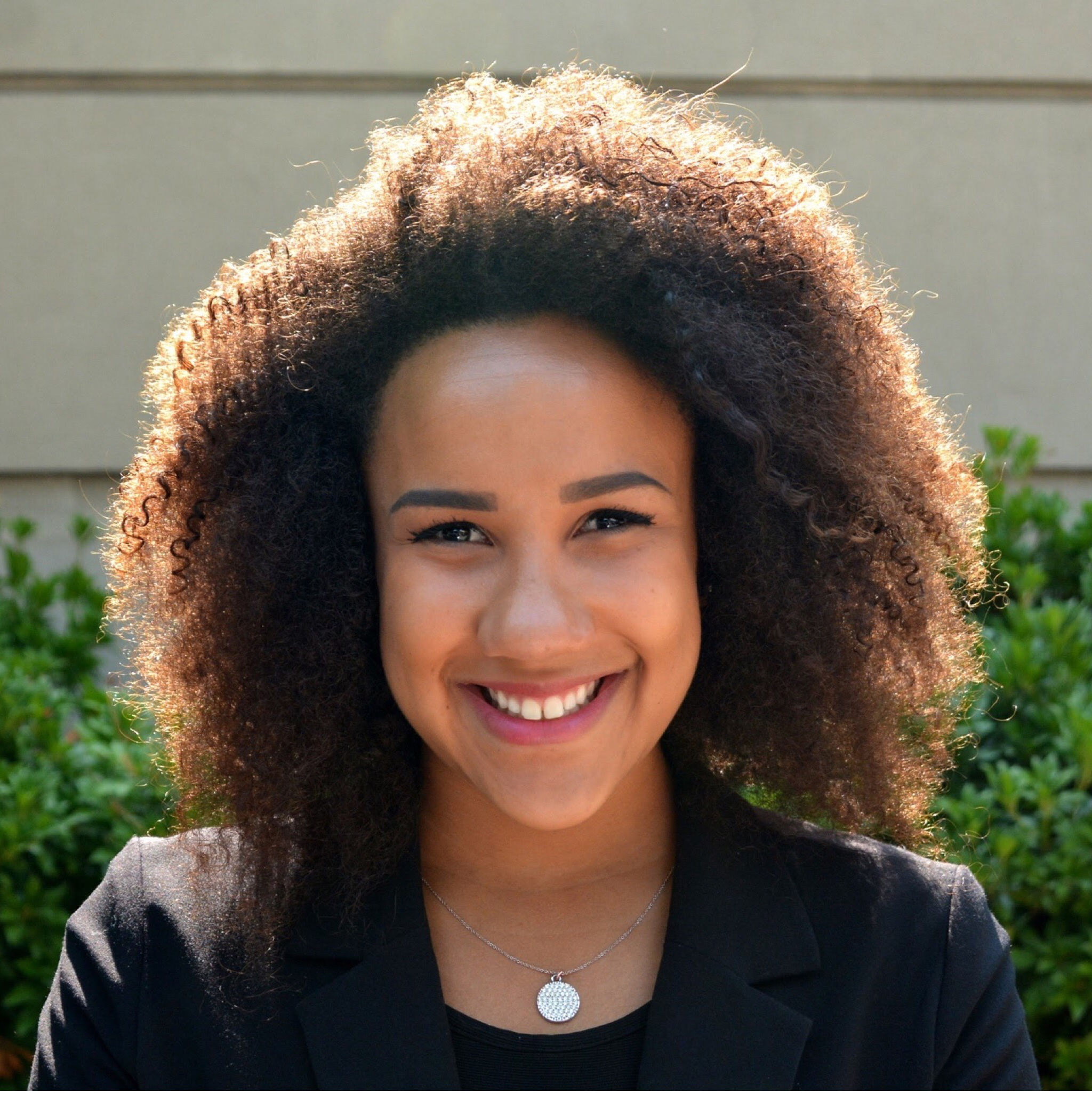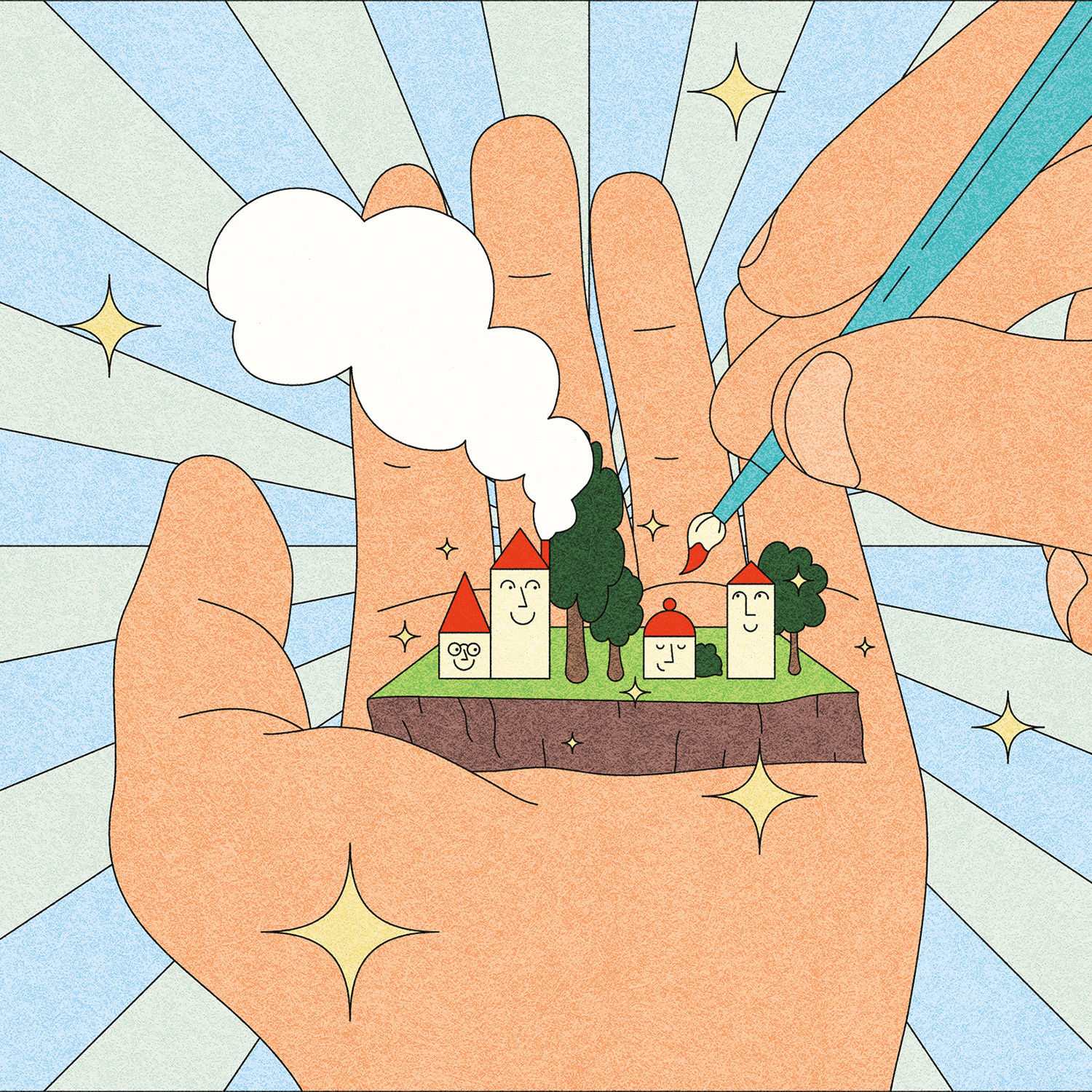4 Organizations Fighting for Equity throughout Oregon
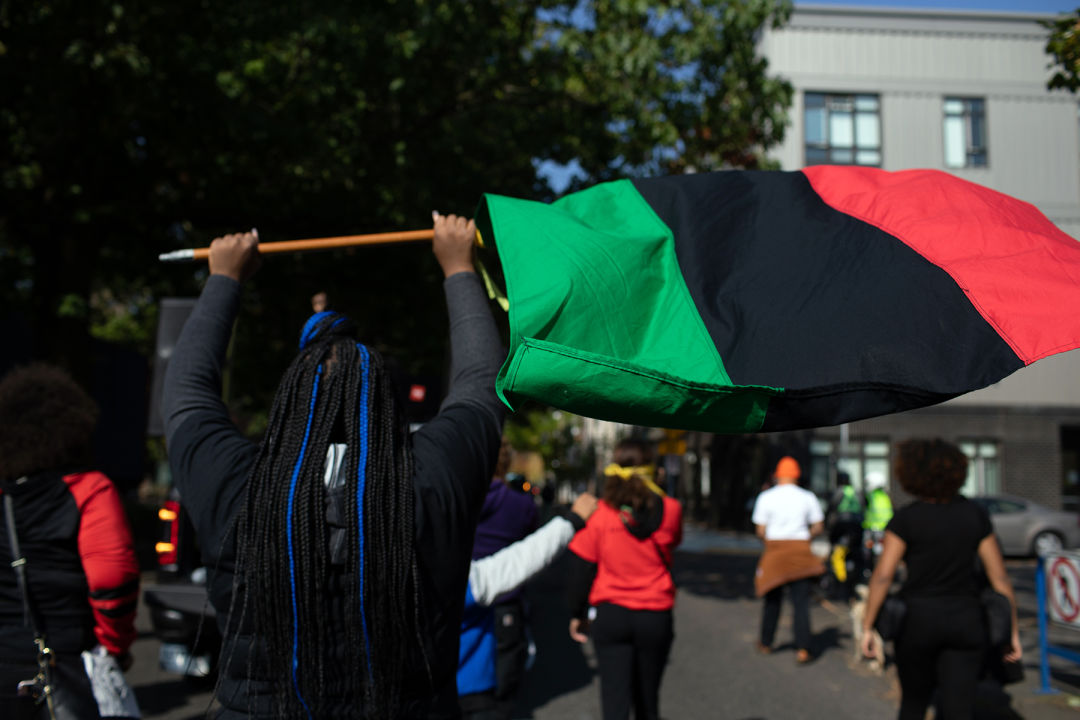
Image: Courtesy Intisar Abioto
Looking to find local organizations with racial justice front and center in their work? Here are four working on direct aid, leadership training, reparations, equity training, and more.
Unite Oregon
This multicultural, multi-issue nonprofit has long been a fierce voice for immigrant and BIPOC rights in Salem, but when the pandemic hit, its mission grew beyond policy.
The group set about fundraising more than $250,000 in direct aid to BIPOC folks and immigrants struggling to make rent last year. It also provides services from trauma-informed health care trainings to climate change relief to sustainable economic development in underserved communities like East Portland and the southwestern suburbs, where planned transportation expansions have prompted fears of displacement.
All this is on top of its Pan-Immigrant Leadership and Organizing Training (PILOT) program, with dozens of yearly graduates going on to sit on city councils, lead nonprofits, and more.
For Nuhamin Eiden, Unite Oregon’s Multnomah Couty chapter director—herself a PILOT graduate—it’s all about addressing the most urgent issues facing the BIPOC community and offering tools to “really attack the root causes of those issues and build solidarity and coalition across cultures.” —Karly Quadros
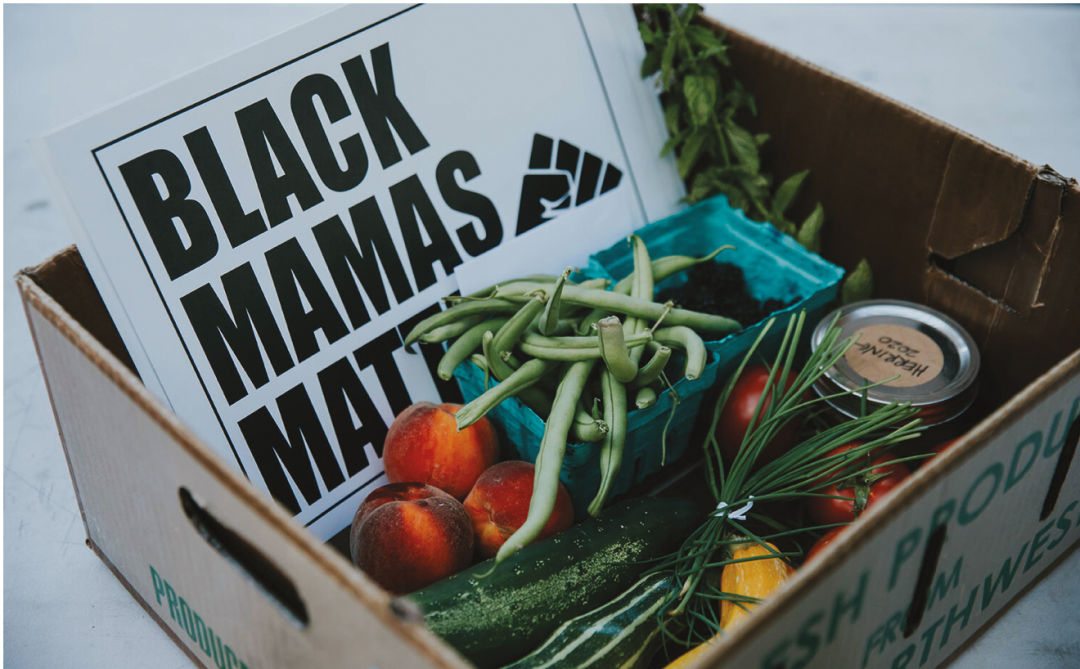
Equitable Giving Circle
Many cultures around the world have a folktale about strangers sharing what little they have to create something delicious for everyone. For some Europeans, it’s called stone soup. For Mexicans, it’s cactus soup. For AJ McCreary, it’s called Equitable Giving Circle.
As executive director, McCreary helped form Equitable Giving Circle just 18 months ago. The group provides boxes of fresh produce for BIPOC families in the Portland metro area, serving more than 25,000 families during the pandemic alone. Plus, all their produce is from over 20 BIPOC-owned farms across Oregon.
The idea is to give folks not just the essentials, but also high-quality, sustainable food.
“When people come and interact with us, they feel cared for because we know not only are they going to get the physical nutrients they need, but their spirit is going to be taken care of. That’s something that has been lost within capitalism, white supremacy, this whole insane society we exist in that has nothing to do with how people feel,” says McCreary.
On top of that, the group has paid more than $200,000 in rent support for single-parent households, passed out thousands of houseplants, and put together community wellness gift boxes with items from local Black-owned businesses.
It’s also run exclusively by BIPOC leaders with strong ties to Portland. And, McCreary says, by caring for BIPOC families in need and supporting Oregon’s Black economy, Equitable Giving Circle is investing in the futures of BIPOC Oregonians. “This is our home community,” she says. “We’re serving the people that raised us.” —KQ
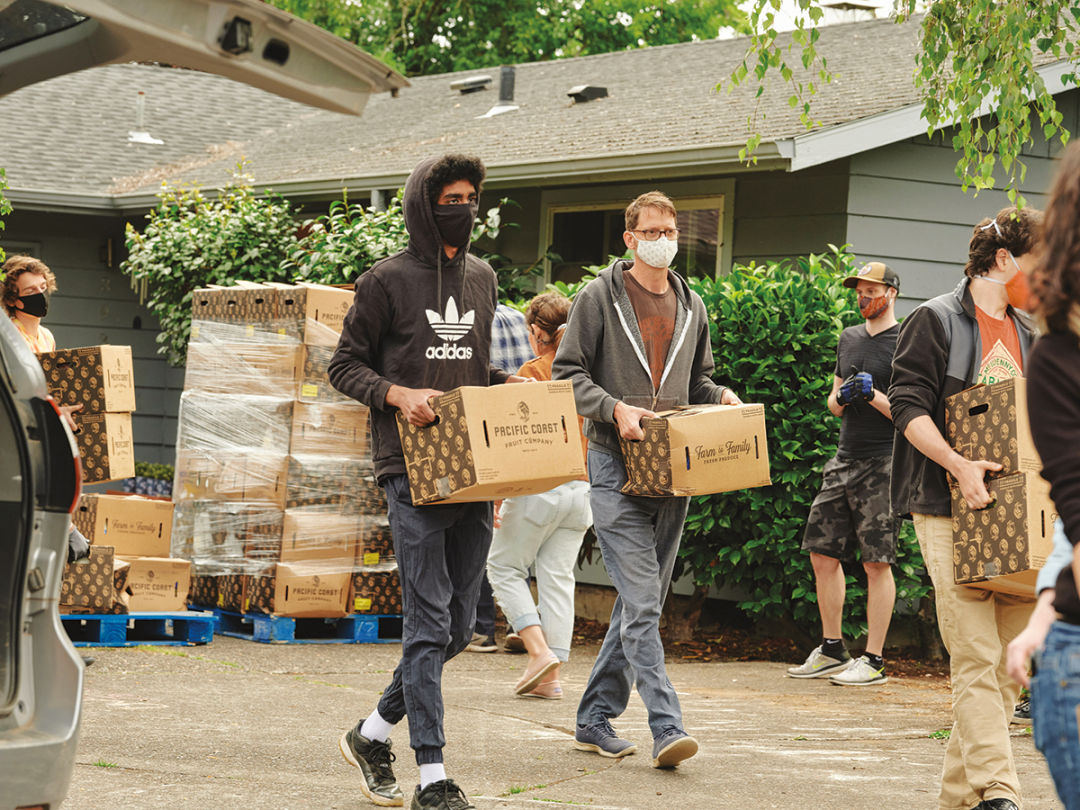
Image: Courtesy Isaac Lane Koval
Brown Hope
If you haven’t heard of Brown Hope, chances are you’ve heard of something it’s done. Founder/CEO Cameron Whitten and president Gregory McKelvey are two of the city’s most visible organizers, and last summer the group launched the Black Resilience Fund, which has raised more than $2 million for the living expenses of Black Portlanders.
The org’s members and initiatives have been especially visible since Portland’s 2020 racial justice protests entered the national spotlight, but Brown Hope has existed since 2018, when it launched a “Reparations Happy Hour” at Backyard Social on N Killingsworth. Backers (mostly white) funded a BIPOC-only meet-up, whose attendees received $10 apiece; outlets including the New York Times took notice.
Since then, Brown Hope has launched the Black-led vegan Blackstreet Bakery, the mutual-aid focused Solidarity Squad, and an equity course. Reparations Happy Hour has grown into a weekly Power Hour, with themed local policy discussions (and more than double the individual reparations).
“Our wild dream is that the seeds we plant will flourish into the fruits of justice, healing, and love—for every person, every community, and the entire world,” says Whitten. —Conner Reed
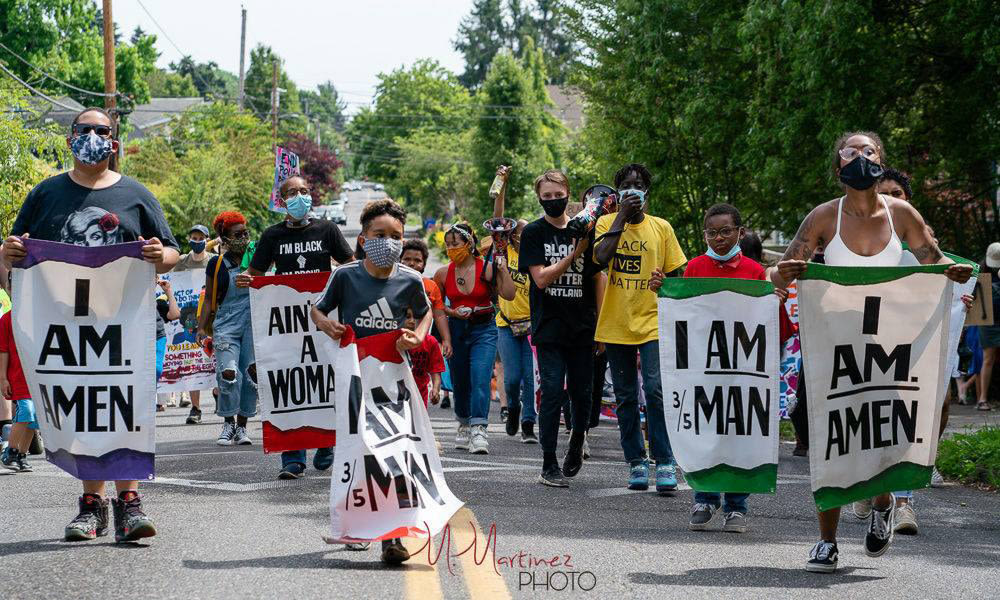
Don’t Shoot Portland
In 2010, Teressa Raiford’s nephew Andre Dupree Payton was shot and killed in downtown Portland. The event got Raiford organizing. She ran for political office—city council, county commission, county sheriff, and, as a write-in in 2020, mayor—and helmed protests over gun violence and police shootings, from which sprang Don’t Shoot Portland. The organization provides educational resources, keeps archives, scrutinizes the actions of the Portland Police Bureau, and more, all in the name of promoting human rights and racial justice.
This year alone, Don’t Shoot organized a gallery show at the Pearl’s Holding Contemporary that detailed the history of Portland’s racial housing inequities, worked with TransPak in Tualatin to preserve the murals painted on the boards nailed over the windows of the downtown Apple Store during the 2020 protests, and distributed masks, face shields, art supplies, and legal resources directly to Portland families and organizations.
“I think this is the most recognition and support that Don’t Shoot Portland has ever had,” says Raiford’s daughter and Don’t Shoot president Tai Carpenter of the past year and a half. “It [began as] a very small network of very few people making it happen, and now it’s become this citywide, community-supported effort. It’s awesome.” —CR
